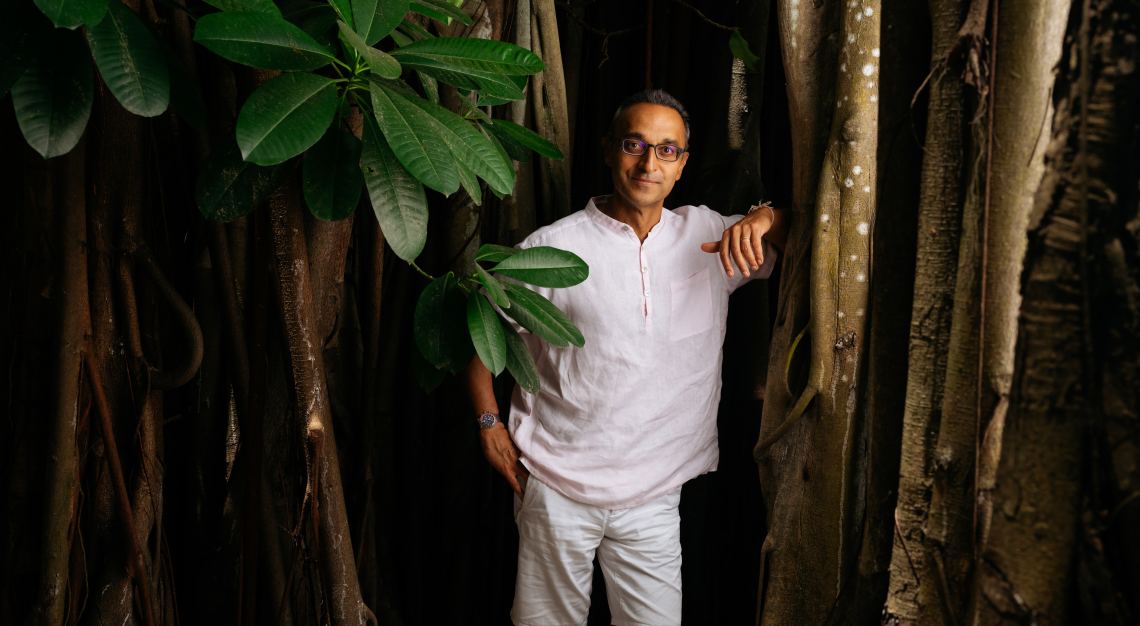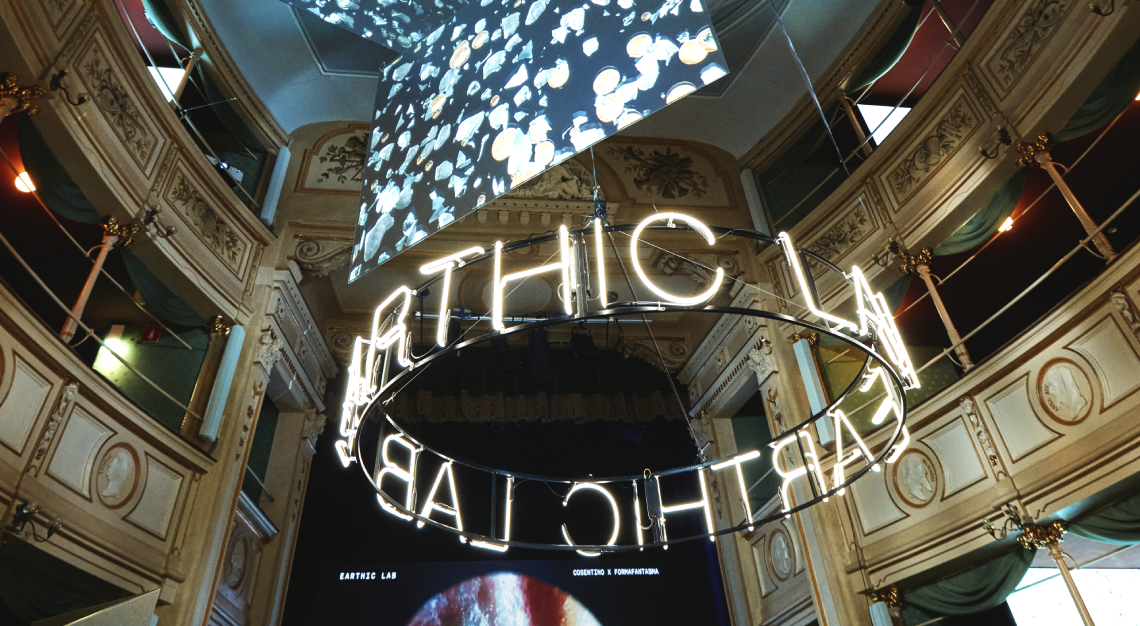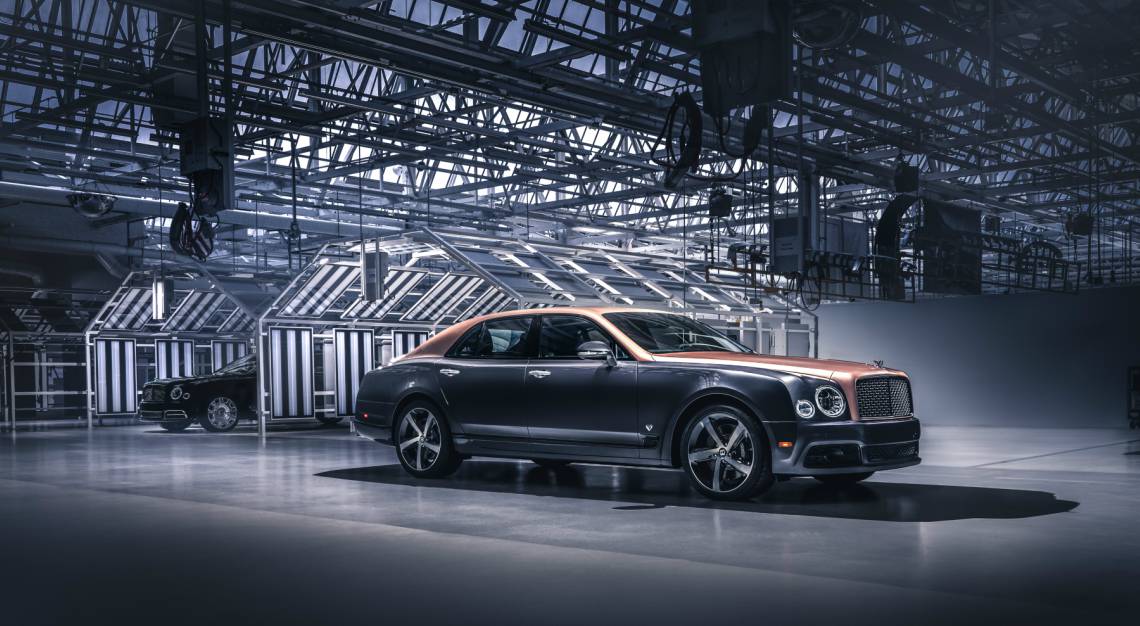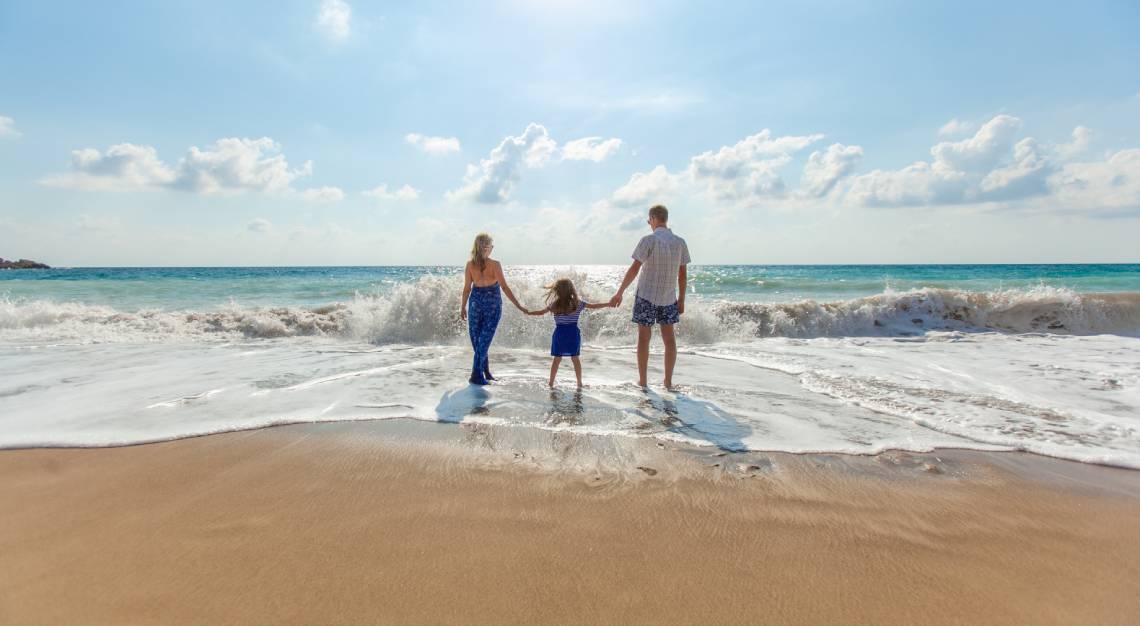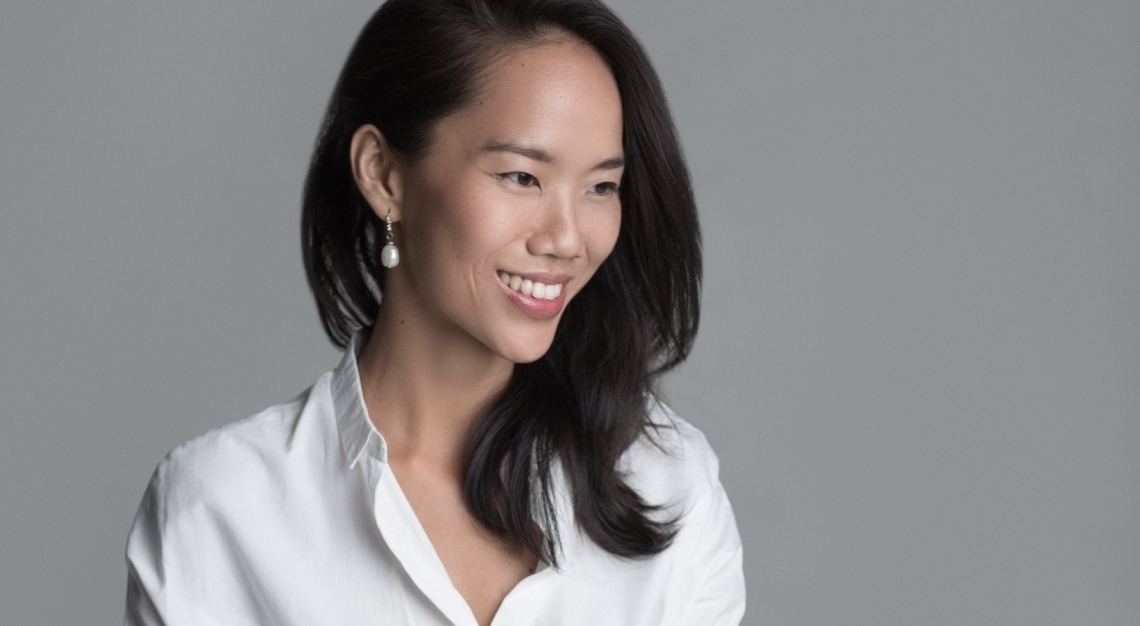In Mind Your Business, we speak with all the great leaders of the world. Here, we feature Sonu Shivdasani, Soneva’s Guardian of the Culture, on how sustainability and luxury are not mutually exclusive
‘Sustainability’ is ubiquitous. It’s one of the most inescapable buzzwords swirling around boardrooms and the pop cultural zeitgeist. One would be hard-pressed to find a corporate entity that isn’t a participant in the sustainability Olympics. But for Sonu Shivdasani, CEO and joint Creative Director of Soneva, sustainability isn’t a mere pose for the cameras and headlines. Together with his wife Eva Malmström Shivdasani, the hotelier has prioritised care, concern and empathy for the natural environment in which his properties are built, since the first line in his ongoing legacy was written, a legacy that includes his 2012 sale of the Six Senses Resorts & Spas he founded, him being bestowed with the Officer of the Order of the British Empire (OBE) honour in 2023, Soneva clinching two rankings in this year’s 50 Best Hotels in the world roundup and the AquaTerra Centre, a state-of-the-art conservation, education and science facility that will further strengthen the resort’s focus on sustainability.
Under the theses ‘SLOW LIFE’ and ‘Intelligent Luxury’, he has continued to show how ecological consciousness and luxury are mutually complementary, and even mutually necessary.
In our chat with him, he sheds some urgent light on how the Soneva cosmos is as informed by sustainability as it is by luxury.
Let’s start with a personal question: What does it mean to be the ‘Guardian of the Culture’?
The key job of a leader, especially of an organisation that is growing, is to create values, beliefs and an overarching philosophy that everyone in it embraces. At Soneva, we have over 1000 staff that we call ‘hosts’. They’re not employees – they’re hosts. As The Guardian of the Culture, I believe that language drives behaviour. As the leader of Soneva, I see myself as the guardian of the values that reinforce it. Collectively, we’re not owners of the majestic islands we’ve been blessed with the opportunity to look after in our lifetime, we’re their guardians.
We have our own dictionary with about 500 words. Imagine walking around an island with 500 ’employees’. Now do the same, but with ‘hosts’ instead. It changes the whole experience. We also believe that job descriptions and titles should describe the key objective of the job. This creates consistency as you evolve.
Why is the last point important to you?
It’s especially true for luxury brands. Historically, luxury brands were started by individuals who had an idea. To some extent, they’ve been institutionalised. All these big brands are named after the visionaries who started them, but they’re owned by two or three parent companies who control the industry. That’s why I think it’s important for luxury brands to have founders who have an idea that their team can rally behind.
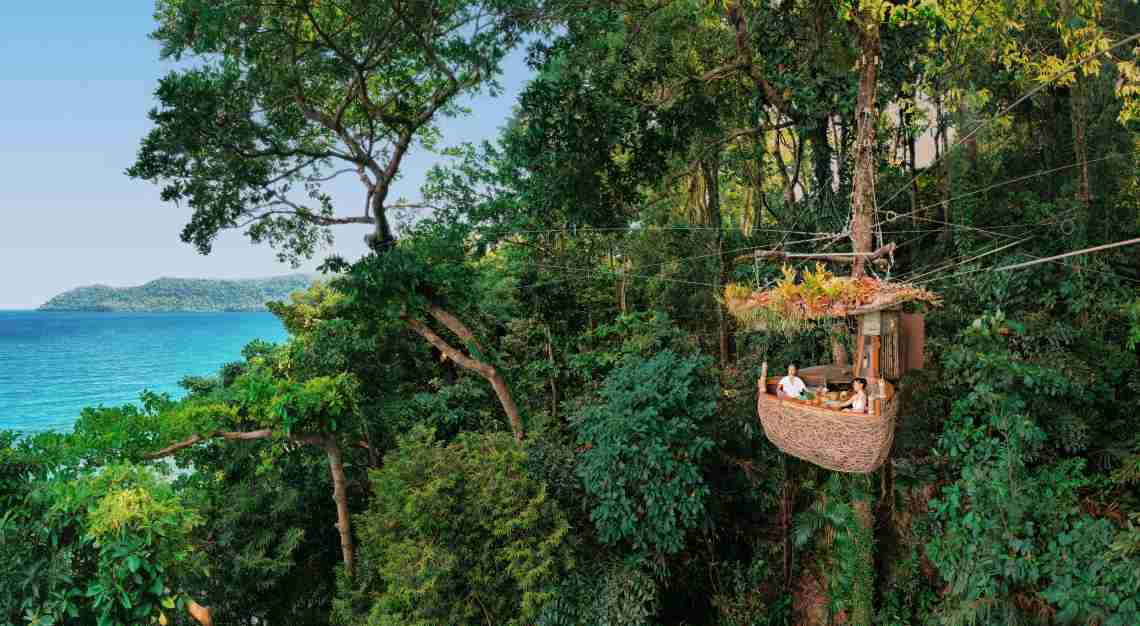
The Maldives has long had a special place in your heart. What first won you over to it?
It was just the beauty of the geography. Besides that, Eva and I did spend a life there together before. When we first went there, we felt something about it. It was a natural affinity. It’s obviously been impacted a bit by the expansion of tourism and the acidification in the oceans, which leads to coral depletion. But it’s still stunning.
You built Soneva Fushi in the Maldives in 1995. At that early stage of the business, what were some challenges you faced that proved to be instructive in the long run?
There were lots of challenges! We knew nothing about hotels or building. So, we became our own builders and hotel operators. We also had to sort out transfers to get there. People often talk about taking a plunge, and developing a hotel in the Maldives in the 1980s and 1990s was very much about that. You felt that you were jumping off a dive board and there was no water in the pool but you hoped that by the time you landed, the water had filled up.
I strongly believe that if you have conviction and if you sincerely believe in what you’re doing, things work you. You need to be passionate about what you want to do. For us, having a sense of purpose was definitely a guiding light.
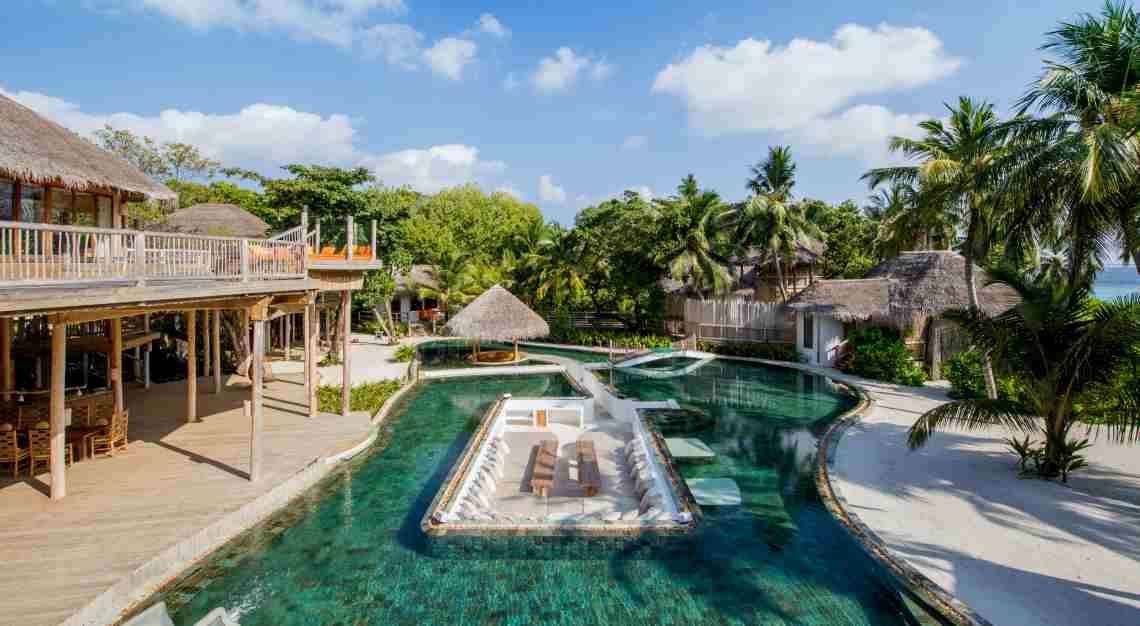
Selling Six Senses to focus on Soneva as part of the ‘One Owner, One Operator, One Philosophy, One Brand’ strategy was a bold and admirable move. Why was the shift in focus important to you?
I felt the writing on the wall. I felt that my job description was changing. When we first opened, it was bout creating new concepts: something as large as a spa brand, like Six Senses, or something as small as a host engagement policy, or designing a restaurant. As the business grew, all I could do, really, was go from one conference to another, and speak to investors and owners about managing their hotels. It wasn’t really what I wanted to do in life.
Also, there were many luxury brands coming in and going into resorts. If you’re managing other people’s hotels, you risk losing your DNA a bit: if someone has invested $100 million in a hotel, they’re going to want to have some say in how it looks and how it’s operated. There was more and more of that happening, which made me realise that our brand didn’t have the integrity it did before. It was happening to other luxury brands too: what were once urban oases were becoming homogeneous properties. If the only difference is the name on the door, and you have excess supply, you can’t command a premium. After a while, everything started looking the same.
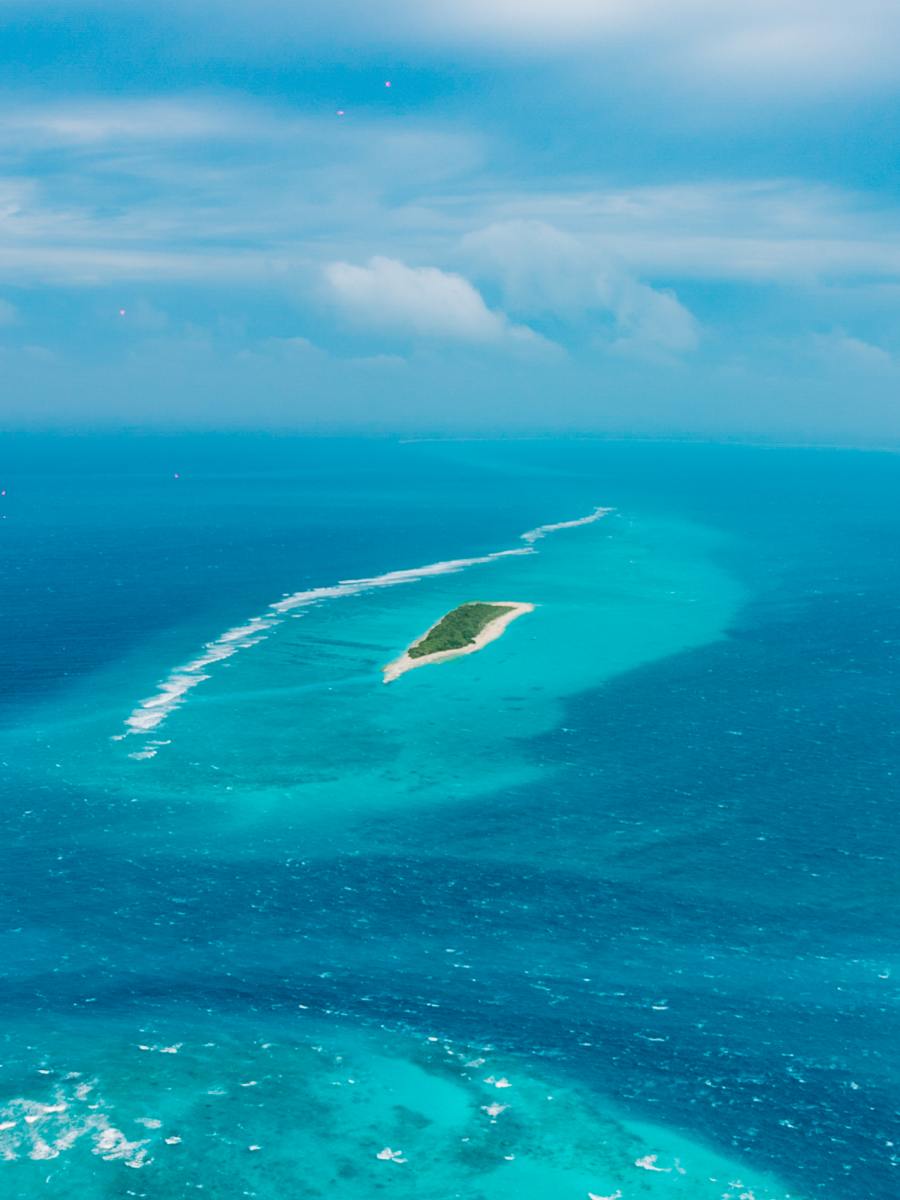
Take us through the conception and meaning of the mantras ‘SLOW LIFE’ and ‘Intelligent Luxury’.
SLOW LIFE is our core purpose, our foundation. In Maslow’s Hierarchy of Needs, it’s the base. It’s what identifies all of us as Sonevians. Essentially, we’re offering our guests luxuries that enhance their well-being whilst minimising our impact on the planet. We do that by questioning and challenging what ‘luxury’ is. The guiding principle behind this is Intelligent Luxury. We’re taking the Latin origin of intelligent, intellego, which means ‘to understand’, and applying it to luxury.
Luxury is a philosophy. It’s essentially that which is not commonplace to you. If you get it every day, it’s not a luxury. It’s rare but it’s also true to you; it rings a chord in your heart. Our earliest customers were the landed gentry. Today, the majority of our guests are self-made and they’re urban. What counts as success has also changed. You might be the most successful person in Singapore, but can you walk barefoot for a week, or have a salad that is plucked fresh from the garden the morning? That’s what we mean by Intelligent Luxury. It’s figuring out what our guests find rare and giving it to them.
Lastly, how do luxury and sustainability intersect in your world?
People say that if it’s ecological, it’s more expensive, and that if it’s sustainable, it’s not luxurious. Both aren’t true. We are one of the few hotels to have won the equivalent of the Oscars for sustainability more than twice, from the World Travel & Tourism Council, which has the toughest standards yet. We placed on the world’s 50 Best hotels this year, twice. So, in a way, the more sustainable we are, the more luxurious we are. In fact, sustainability leads to luxury.
